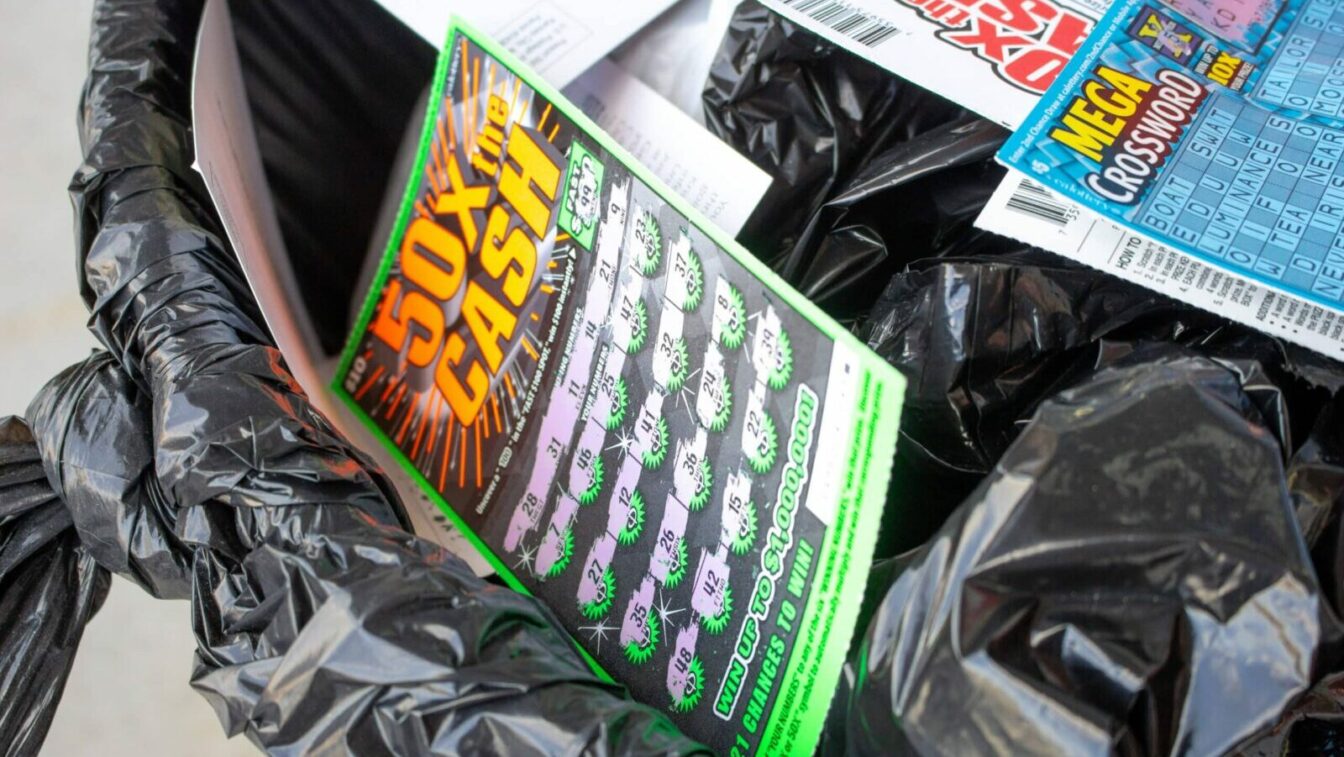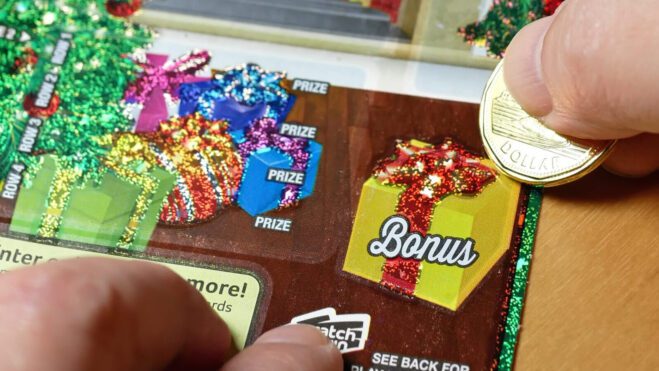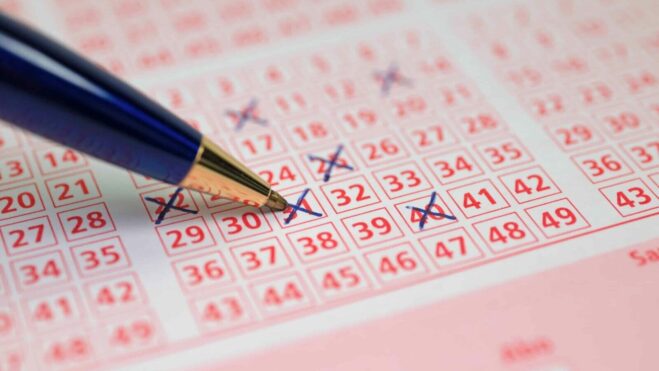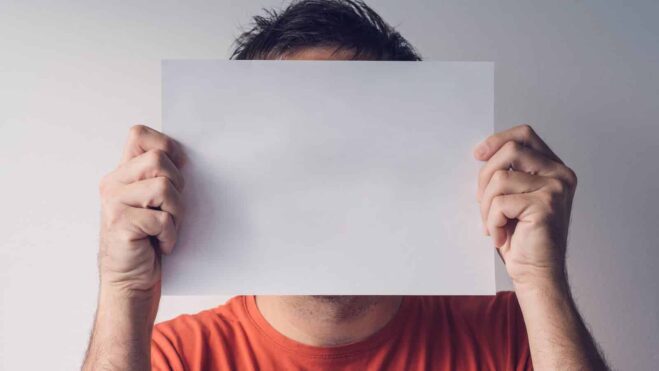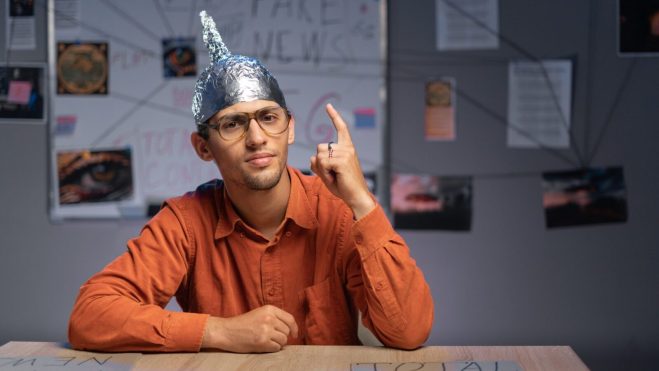D.C. Man Crying Foul Over Powerball Jackpot: $340M Lawsuit Doomed, Legal Experts Insist
Errors "unfortunately do occur," one lawyer said, "and the lottery officials have sufficiently insulated themselves from legal liability."
3 min
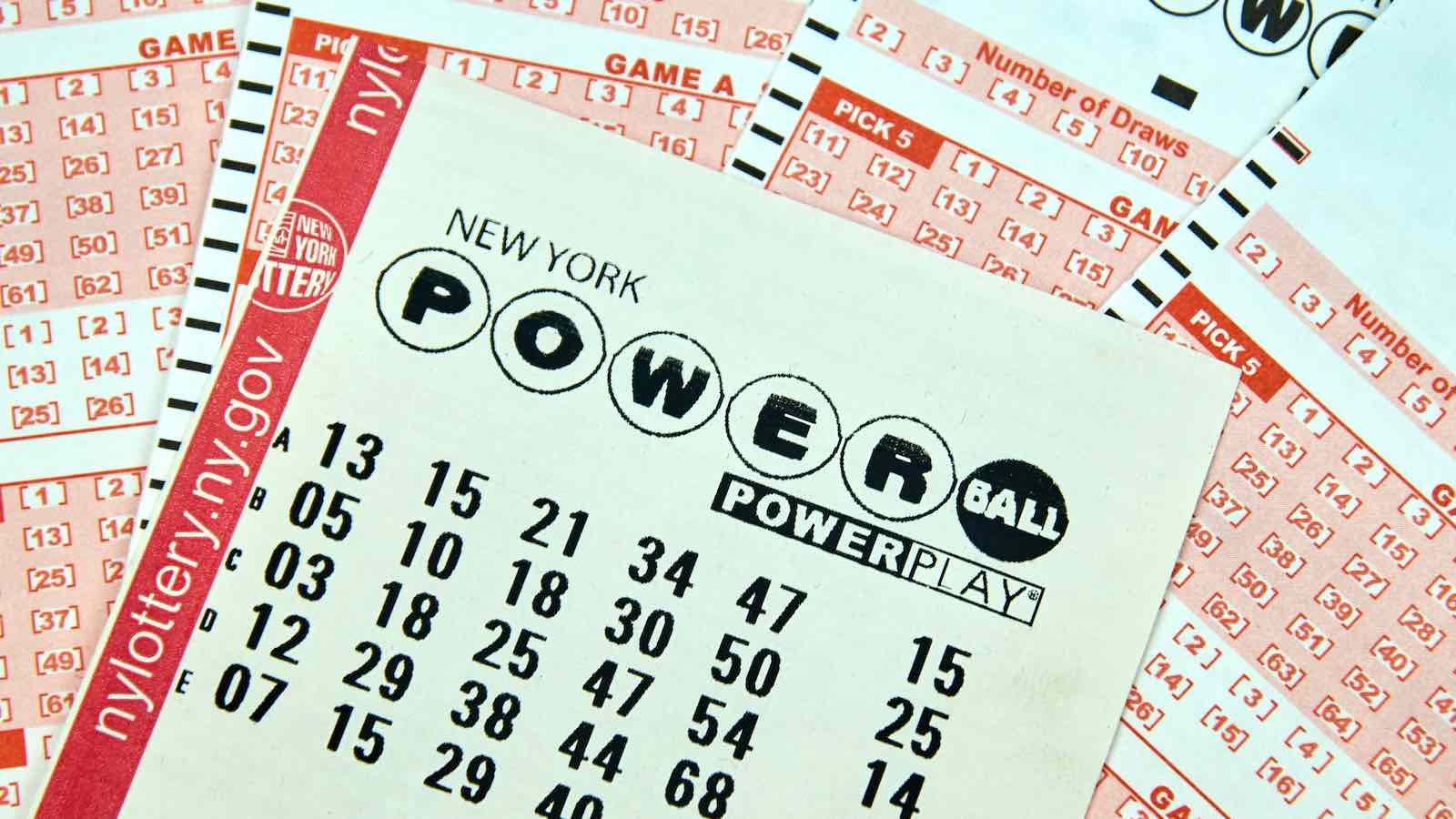
John Cheeks thought he had won it all. The 60-year-old Washington, D.C. resident believed on the morning of Jan. 8, 2023, that he had a jackpot-winning Powerball ticket worth more than $300 million.
But what he thought were the winning numbers were posted in error, his win was not confirmed, and the powers that be dismissed his big score.
Like anyone feeling wronged might do, Cheeks sought a legal remedy. He lawyered up and filed a suit.
With many in the general public feeling Cheeks had a reasonable case, Lottery Geeks wanted to know if professional opinion aligned with the court of public opinion. We spoke to various independent legal professionals for their views on the lawsuit.
And all of them concluded it will be a losing battle for Cheeks.
Examining Cheeks’ suit
The legal experts Lottery Geeks contacted all said Cheeks’ claims are weak.
Cheeks is suing the Office of Lottery and Gaming, Powerball, and Taoti Enterprises, a D.C.-based contractor that markets the lottery, alleging breach of contract, gross negligence, and emotional distress.
Cheeks alleges that the defendants posted the wrong numbers, took at least two days to take them down, didn’t issue a public announcement correcting their mistake, and caused him distress by tricking him into thinking he had won the jackpot.
In response, the lawyers representing the parties on the receiving end of the suit filed a motion to dismiss on Jan. 18. According to The Washington Post, Taoti’s lawyer, Mary Dimaio, said that Cheeks is engaging in an “attempted scheme to capitalize on what was an obvious error.” Dimaio says Taoti meant to post the numbers on a test website but mistakenly put them on the live Powerball website before the drawing — and one of the six ball icons didn’t have a number, which should have been a sign that something was wrong.
“These red flags would cause any reasonable person to know that they were not the valid winning numbers for the following day,” Dimaio wrote in her motion.
Experienced lawyer fills in the blanks
Cheeks tried to start a suit back in February 2023, but at a hearing, a judge directed him through the D.C. Lottery’s formal process for redeeming his ticket. Cheeks went through the process, and after seven months, he received a rejection letter. Then, he refiled his lawsuit on Nov. 21.
According to legal experts, the reasoning as to why he was rejected is telling.
Andrew Stoltmann is a Chicago securities attorney who has represented 12 lottery winners in lawsuits against financial advisors, CPAs, and family members.
Stoltmann told Lottery Geeks, “Mr. Cheeks is not going to win this lawsuit, and it will be dismissed.
“Unfortunately for him, by playing in the lottery, you agree to the terms and conditions set by the lottery. One of those terms is you do not become the winner of the lottery until the ticket is certified. These sorts of errors that Mr. Cheeks was subjected to unfortunately do occur, and the lottery officials have sufficiently insulated themselves from legal liability.
“He is going to lose his case.”
Terms and conditions
Everyone has had to deal with terms-and-conditions policies. We come across them when opening a new social media account, signing up for an iLottery service, or getting a new gym membership.
Most people do not take the time to read the policies because they’re long and filled with jargon. They’re worded to protect the service provider from most legal liability. When the customer signs it, they usually sign away most legal recourse in a situation like Cheeks’.
According to a lawyer who handles cases like Cheeks’ who wished not to be named, several details in the terms and conditions will shield lottery organizers from this sort of legal action. The main one is that results are not official until the numbers are certified.
Piggybacking off what Stoltmann said, the lawyer said since the results were posted in error and Cheeks’ ticket was never a confirmed winner, he is not owed anything. “Yes, the ticket was posted on the main Powerball website,” the lawyer said, “but in error and unconfirmed. Since every purchase of a ticket means the person agrees to these rules, the lottery’s lawyer will just keep coming back to T&Cs, beating it like a dead horse.”
Does he have a chance at winning something?
Across the board, every legal expert Lottery Geeks communicated with via email, phone, and social media said that the case would get dismissed. Some even said it could happen as soon as the next hearing.
One attorney expressed empathy and said that anyone hearing Cheeks’ story would be inclined to feel for him. That said, the law does not work that way. The suit is weak, that attorney said, and Cheeks would be lucky to get anything.

